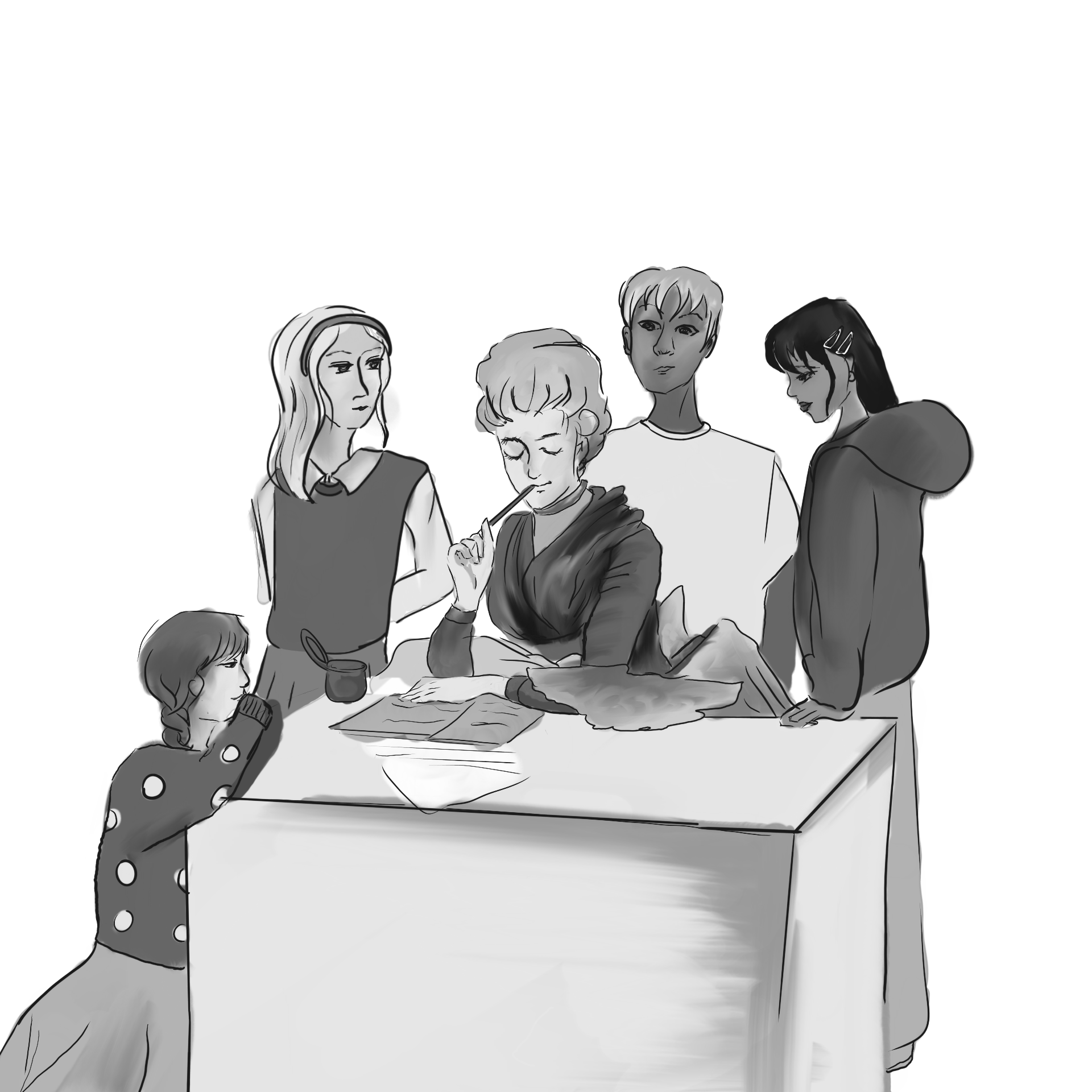We need more books written by women on our classroom shelves
March, 2023
The first coeducational school was established in the United States over a century ago, but gender-based discrimination still continues to run rampant in high schools across the country. In fact, a 2020 survey by Plan International found that 71 percent of girls aged 15-24 reported experiencing discrimination due to their gender. Moreover, girls do not find themselves being represented in school, where a disproportionate number of books on classroom shelves are written by men. The materials that curriculums use to educate students are important tools for building good character, and it is crucial that female perspectives are not dismissed in them.
Emphasizing female narratives in high school English and World Language curriculums will provide a more accurate and nuanced depiction of women's history, raising awareness on crucial women's issues. Women have been among the most ingenious authors throughout history — think Mary Shelley, Charlotte Bronte, and Virginia Woolf. What is not commonly known is that these authors, and countless more, initially published their work under male names or anonymously. These authors lived under the reality that if they published under their own names, their work, no matter how good it might be, would likely be ignored or shunned. It is imperative that we aim to amplify the voices of women authors in order to recognize the barriers they overcame throughout history.
Today, a significant amount of bestselling books are written by women, and that number is growing by the day. In 2020, 629 of the top 1,000 bestselling fiction titles were written by women, according to The Guardian. However, this increase has not translated to school curriculums. We often praise the world-renowned Charles Dickens for making sizable contributions to English literature, but brush over names like Anne Bradstreet, Harriet Beecher Stowe, and Edith Wharton — female literary geniuses who revolutionized storytelling through prose and poetry alike.
Teachers have an undeniable role in instilling values in students to promote inclusivity and acceptance both inside and outside the classroom. It is not sufficient to read about the female experience from the male point of view; At school it is vital that we learn about women from books written by female authors. This issue goes beyond the PPS administration because teachers themselves live in a patriarchal system in which the male perspective is the one that is the most predominantly considered. Therefore, teachers themselves need to be taught about how to properly convey the female voice in their teaching and acknowledge the female point of view.
Unfortunately, books written by men have repeatedly failed to represent women, more often than not relegating them to housekeepers, inconveniences, or objects. For example, “Of Mice and Men,” a book taught to freshman students at Princeton High School, has only one female character who is portrayed as a villainous sex object. With almost every male-written book taught in class, teachers have to explain that the reason for the dated representation of women is simply a result of the time the text was written in. However, this is rarely followed up by a text that is actually representative of women.
The importance of exposing young people to the voices of women is understated. Their stories spark meaningful conversations about women's issues, offering insight into societal standards, struggles, and oppression from a woman's point of view. This involves female students in the class, giving them a platform to speak on issues that they can relate to. Women need to be highlighted in school curriculums to prove to young girls that their experiences are important and their voices are powerful. Additionally, it is crucial to expose other students in the class to the challenges that women face every day in these books so that they develop feelings of empathy, preventing discrimination in the future.